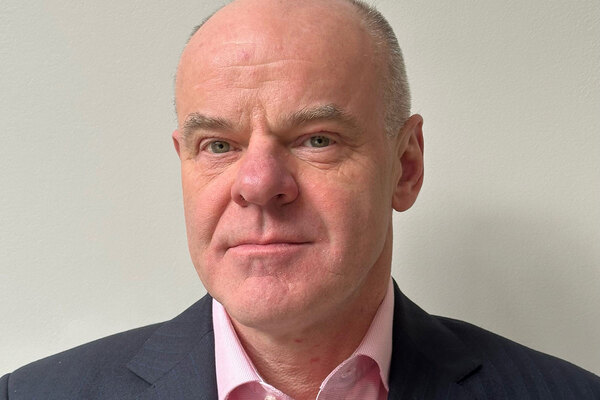You are viewing 1 of your 1 free articles

The growing importance of social value is changing the market
Small and medium-sized developers, aided by new metrics, are no longer treating social value as an afterthought, writes Kevin O’Connor
Back in the 1990s, social value didn’t mean much more than taking on one or two apprentices during the construction phase of a development.
It was treated as an afterthought, taking a back seat compared to matters considered to be more commercial, such as cost.
The Social Value Act of 2013, which empowered councils to factor in social value to decisions when selecting suppliers, was meant to herald a shift in those priorities, but a surface-level inspection of the industry today would leave you thinking that nothing has changed.
Echoes of the cost-centric, budget builds still ring out.
The truth of the matter is, among some of the bigger contractors and developers, this shift in priorities hasn’t happened.
But there is a clutch of small and medium-sized developers that are leading the way, aligning their priorities with those of the public sector and successfully partnering with local authorities while the rest of the industry plays catch-up.
The forward-thinking small to medium-sized enterprises (SMEs) have recognised that their social value delivery must be wide ranging, impactful and long lasting.
That means making sure social value delivery teams are in the sweet spot – where they’re high enough up the internal pecking order to affect change, but still agile and able to respond to communities in an effective and, critically, human way. It’s not hard to see why some of the bigger firms may have trouble with this.
“It’s about walking the walk, not just talking the talk.”
For evidence of this cultural shift, you only need to look to the ever-growing list of early adopters of the Housing Associations’ Charitable Trust (HACT) social value measurement metric.
The HACT metric is well respected in the public sector and is designed to allow developers to apply a monetary value to social value delivery. It’s about walking the walk, not just talking the talk.
But what does that look like in reality?
On a recent project, we took on 13 local people as trainees, put them all forward for apprenticeships and saw them through to full-time employment.
It’s easy enough to say how much money it cost us to do that, but it’s much harder to put a number on the long-term value of the opportunities afforded those individuals as a result.
With HACT, which takes both the short-term and long-term impacts of social value into account, we can definitively say that we added £150,000 of extra value to that project.
The ability to evidence and monetise social value in this way is a real game-changer and has played a critical role in securing our recent joint ventures with local authorities such as Aylesbury Vale District Council, with whom we are developing The Exchange – the next phase of a £100m regeneration of Aylesbury town centre.
“The ability to evidence and monetise social value is a real game-changer.”
As social value becomes even more of a priority for our customers, the HACT metric allows us to make our efforts real and tangible. And, crucially, to set a benchmark for continuous improvement.
What we’re witnessing are the rumblings of a big change and developers treating social value as an afterthought is becoming increasingly outdated. Agility and clout are a winning combination and the keys to making a real difference to communities up and down the country.
The major players need to recognise this if they want to take advantage of the emerging opportunities with the public sector because there’s a new breed of developer that can measure and demonstrate tangible social value results.
Kevin O’Connor, head of social responsibility and inclusion, Durkan









